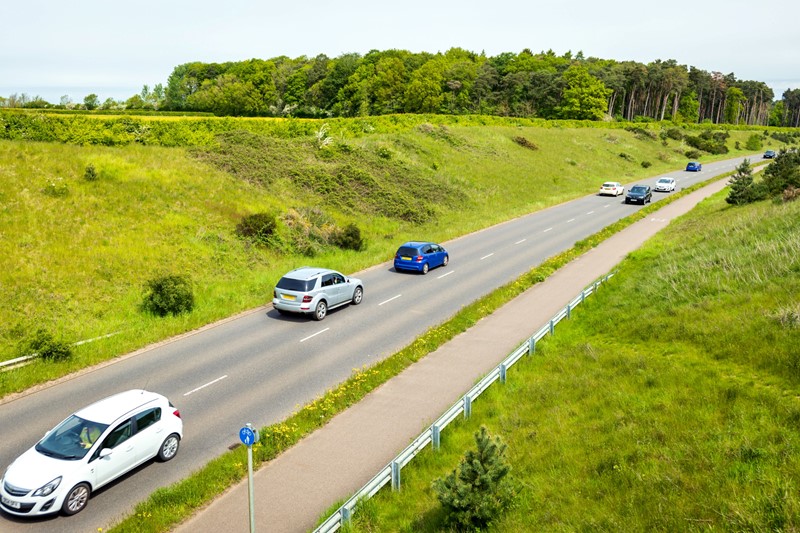If you use your personal vehicle for work-related travel, you may be eligible to receive a tax-free reimbursement known as Mileage Allowance Payments (MAP) from your employer. This payment supports employees who utilise their own car, van, motorcycle, or bike for business purposes, but it’s important to clarify the eligibility criteria surrounding this allowance.
What Are Mileage Allowance Payments (MAP)?
Mileage Allowance Payments are intended to reimburse employees who incur costs while using their personal vehicles for business-related travel. This includes trips to meet clients, attend meetings, or conduct other work functions not associated with commuting to your standard workplace. It’s crucial to note that MAP does not apply to the daily commute to and from your regular place of work.
Approved Rates for Mileage Allowance Payments
The amount reimbursed through MAP is based on set rates published and approved by HMRC. For the tax year 2025-26, the approved mileage rates for vehicles are as follows:
- Car: 45p per mile for the first 10,000 business miles and 25p per mile for any additional miles.
- Motorcycle: 24p per mile.
- Bicycle: 20p per mile.
These set rates have remained unchanged for several years, providing a reliable framework for both employees and employers when it comes to processing reimbursements.
Additional Reimbursements for Passengers
Employees who travel with colleagues on work trips can claim an additional 5p per passenger, per business mile for each qualifying passenger. This additional reimbursement helps distribute the cost burden when multiple employees share transport for business purposes. However, if an employer pays a lower rate than the established approved mileage rates, employees can claim the difference through Mileage Allowance Relief (MAR).
Understanding Mileage Allowance Relief (MAR)
MAR is designed for employees who receive less reimbursement than the approved rates. If your employer reimburses you at a lower rate, you can claim the difference through your annual tax return. This relief ensures that you aren’t financially disadvantaged when using your vehicle for work-related travel.
It’s essential to remember that MAR is not applicable for passenger payments. If your employer reimburses you less than 5p per passenger mile, you cannot reclaim the difference. This limitation underscores the importance of understanding how MAP and MAR function together.
Benefits in Kind (BIK)
If your employer reimburses you more than the approved HMRC mileage rates, the excess amount is considered a Benefit in Kind (BIK). This means that the additional amount may be subject to taxation, which could affect your overall tax liability. Employees should keep careful records of their mileage claims and any reimbursements received to ensure compliance with tax regulations.
Keeping Records for Your Claims
To successfully navigate the intricacies of Mileage Allowance Payments and associated claims, it is crucial to maintain detailed records of your business-related journeys. This should include:
- Dates of travel
- Purpose of the trips
- Mileage covered
- Passenger details if applicable
By keeping meticulous records, you enhance your chances of accurately receiving reimbursements and being able to claim any eligible differences through MAR if necessary.
Navigating Mileage Allowance Payments can be streamlined with a thorough understanding of the guidelines and figures involved. MAP serves as an essential element for employees who rely on their personal vehicles for work, providing them with financial support for their travel expenses.
If you find yourself frequently using your personal vehicle for business, ensure you are well-versed in the MAP rates and requirements. For further assistance with understanding MAP and ensuring compliance with HMRC, it might be worthwhile to consult a professional, such as a local accounting service, like Simply Accounts Accountant Chester, Accountant Wrexham, Accountant Telford, Accountant Macclesfield, Accountant Preston. They can guide you through the nuances of tax-related claims and help optimise any reimbursements you are entitled to claim. Remember, when it comes to Mileage Allowance Payments, being informed is key to maximising your benefits while maintaining compliance.


